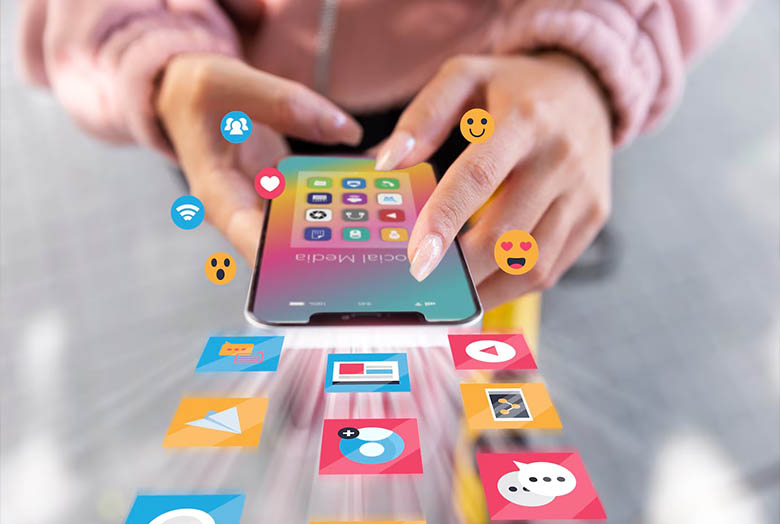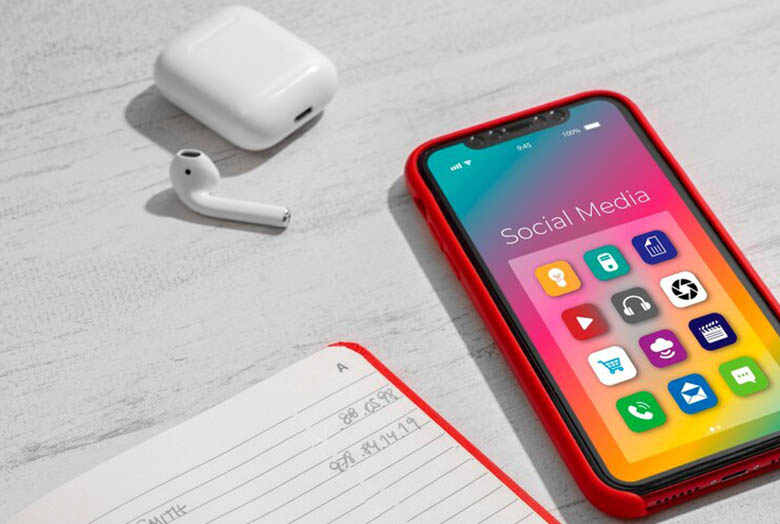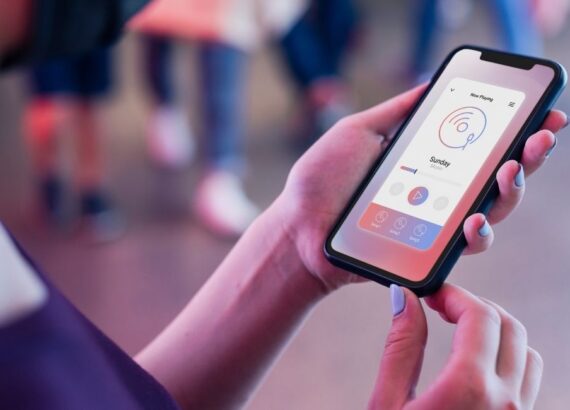There’s something strangely beautiful about how we interact with the world now. We don’t need to hail a cab on the street, wait in line for a pizza, or even sit in front of a desktop to send an email. We just pull out our phones, tap an app, and like magic, life moves forward. That little glass rectangle in your hand is more powerful than the computers that sent astronauts to the moon. And it’s not just about the hardware anymore — it’s about the apps. The tiny, digital experiences have become the backdrop of our daily routines. But when did this happen? When did apps go from being a novelty to being a necessity? Somewhere along the way, mobile app development evolved from just writing code to creating lifestyles. And the story of how we got here is just as fascinating as where we’re heading next. So, let’s explore and understand the mobile app development of modern times!
From Simplicity to Seamlessness
Remember those first mobile apps? A flashlight, maybe a calendar that barely synced, or a music player that stuttered through every other track. They were clunky but charming. Back then, having a mobile app felt like a bonus — a luxury feature added on top of a business or service. No one imagined they’d become the very core of how people interacted with the world. Nobody could think humans would rely on these very important apps.

But this evolution wasn’t just technological — it was deeply human. Developers began to ask: how do we make an app feel right? Not just work, but feel good in your hands, match your instincts, and make you smile during the tiny moments of your day. That’s when app development became something more than technical work. It became a human-centred craft. Apps no longer just wait for us to give commands. They predict, suggest, and sometimes even create for us. Whether it’s Netflix recommending that next binge-worthy show or Grammarly fixing our grammar before we realise it’s wrong, AI is becoming the silent engine inside almost every app we use. We’ve crossed over from apps that simply react to apps that think ahead.
You Don’t Have to Be a Coder to Build an App Anymore
One of the most heartwarming shifts in modern mobile development is how accessible it’s become. Platforms like Adalo, Thunkable, and Glide are quietly rewriting the rules of who gets to build digital tools. You can be a teacher, a baker, a teenager with an idea, or a small business owner trying to organise orders. And you can build an app. No coding, no jargon, no complicated tech talk. That’s empowering. It’s also revolutionary. Because the people who understand problems best are often the ones who live them, and now, they can build their own solutions with their own hands.
The Cloud is the Invisible Hero
When you tap your Uber app and see the driver arriving in real time, or when your Google Docs auto-saves every word, what’s making that magic happen behind the scenes? The cloud. Modern mobile apps depend on the cloud like humans depend on oxygen. From real-time syncing to instant data access, everything is powered by cloud infrastructure. And thanks to tools like Firebase, AWS Amplify, and Supabase, even small teams can tap into massive cloud power without needing an army of engineers. We don’t talk about the cloud much, but without it, our favourite apps would be slow, glitchy, and completely useless offline. It’s the quiet giant making modern mobile experiences possible.

Safety First — Always
Well, modern app development places security and privacy at the front and centre. From encrypted messaging to biometric logins to transparent privacy settings, today’s best apps treat user data like sacred ground. It’s not enough to say your app is safe. It has to feel safe. Because once a user feels vulnerable, that bond is broken, and in a world full of alternatives, they won’t come back.
Beyond Profit: Purpose-Driven Development
Apps used to be built to make money. Now, many are built to make a difference. Whether it’s a meditation app helping people cope with anxiety, a language-learning app bringing education to underserved communities, or a food-sharing app reducing waste, there’s a new wave of developers who care just as much about impact as income. This shift is inspiring. It reminds us that apps aren’t just tools or toys. They’re platforms for change. And when built with compassion and purpose, they can reach into someone’s life and truly make it better. Apps like Headspace, Notion, and Calm are showing a new path—where value drives revenue. Users pay because they genuinely benefit, not because they were cornered. Subscriptions, memberships, and freemium models offer a gentle, honest way to grow. The key shift? Developers now ask, How can we make this app worth paying for? Not, how can we squeeze money out of users?

Progressive Web Apps (PWAs): The Middle Ground
Not every idea needs a native mobile app. That’s where Progressive Web Apps come in—websites that behave like apps. PWAs work offline, send push notifications, and can be added to home screens—without ever visiting an app store. They are cost-effective, easy to maintain, and perfect for audiences in emerging markets where data usage is a concern. Modern developers are leveraging this hybrid solution to reach more users with fewer resources while still delivering app-like experiences.
Designing for Emotion and Inclusion
As mobile apps shape human behaviour, they must reflect human values. That’s why inclusive design has become a major priority in modern app development. Apps are being created with voice assistance for visually impaired users, local language support for rural communities, and neurodiverse-friendly interfaces for users with ADHD or autism. Designing for emotion means using colour, motion, and interaction patterns that evoke comfort, confidence, and connection. It’s about making technology more human. The most beloved apps today don’t just meet needs—they uplift moods. They’re not just functional; they’re joyful.

Conclusion
In conclusion, we started with simple tools—flashlights, calculators, and notepads. Today, mobile apps are how we meditate, educate, manage our finances, and heal from grief. Besides, it’s not about building apps anymore. It’s about building connections between people, possibilities, and hope.
Enjoyed reading? Please follow Nextr Technology for more!
Thank you for reading
Buy Web Hosting at an affordable price: Buy Now.
If you want to build your website at an affordable price, contact www.nextr.in
Read this: How AI is Changing Education

















